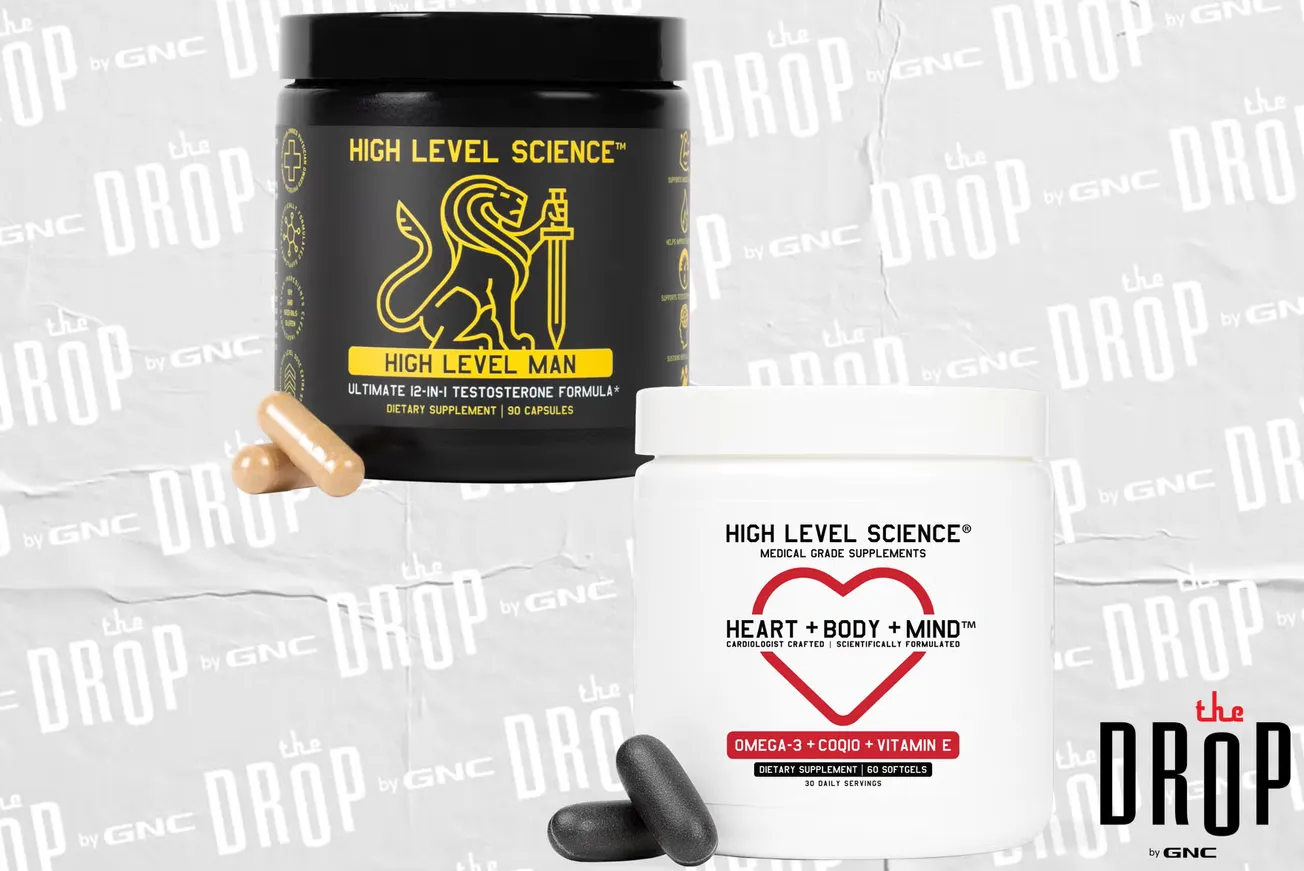In an era where digital transformation has been synonymous with costly and relentless customer acquisition and optimization for higher conversion rates, brands and retailers have been forced to focus on shopper conversion at all costs. However, a vital piece of the puzzle often remains neglected — authenticity. This is a mistake — and a missed opportunity for both brands and retailers.

Andrea Leigh
Digital interaction with shoppers presents us with an enormous untapped avenue for brand growth through authenticity, a potent driver for both retention and loyalty. According to data from GWI, a staggering 65% of shoppers are inclined towards brands they perceive as authentic, with 73% considering it a significant loyalty driver.
This is a wake-up call for brands and retailers to center their strategies on their most authentic attributes. What’s more, the era of silent dissatisfaction among shoppers is upon us. According to Qualtrics, a surprising 66% of customers now choose not to communicate their discontent directly to companies — a nearly 4 percentage point increase since 2021. Instead, they opt for leaving poor reviews or venting on social media.
Authenticity isn’t just about being a do-gooder or having an emotional founding story. Big, established brands can be authentic too. Take Taylor Swift for example, Time magazine’s person of the year. A megastar and Grammy award-winning artist, Taylor Swift still presents as authentically herself. Her openness about her personal challenges and her advocacy for artists’ rights epitomizes the strength found in authenticity. Swift’s vulnerability, especially in an age where AI threatens to blur the lines of genuine human connection, underscores the importance of being relatably human.
Focus on truths you can prove
In today’s skeptical society, demonstrating authenticity isn’t just beneficial — it’s crucial for survival and growth. Consumers are clear: according to the Ipsos Consumer Tracker, authenticity equates to honesty, with over half indicating that honesty is what they seek in a brand. By contrast, only one in four say an authentic brand is committed to quality goods, and a mere 27% view companies taking a stand on social issues as more trustworthy. This is a stark reminder that while quality and social stances matter, they must be deeply rooted in the brand’s core values to avoid perceptions of insincerity.
For instance, the #costcohoodie phenomenon thrived on simplicity and truth, driving their loyal followers to post photos of themselves wearing Costco-branded hoodies, serving as a free advertising platform for the brand.
Kraft Macaroni and Cheese’s Easy Mac product is a great example of an established brand embracing authenticity. They’ve tried and tested the formula to deliver on the promise of “easy,” saving parents — and teenagers — time spent prepping lengthy meals. As a result, they’ve established a strong viral and social following supporting this authentic message, acting as a digital flywheel for sales growth.
However, shoppers are savvier than ever, so ensuring the message is consistent with what your brand delivers is key. An inauthentic message can have significant backlash. For example, Nike’s partnership with Colin Kaepernick to support Black Lives Matter faced skepticism due to perceived inconsistencies in the brand’s internal practices.
The Takeaway: Do what you say. Say what you do. Focus on truths you can prove. Authenticity must be demonstrated through actions that can be backed by evidence, and every claim made must reflect the brand’s genuine stance. With customer attention spans dwindling, the message must also be concise and compelling.
Accuracy isn’t enough — make personalization
compelling
The call for personalization has never been louder. With the explosion of generative AI, shoppers expectations have risen — expecting brands and retailers not only to understand their unique needs but to anticipate them. This expectation is set against a backdrop where AI and data analytics promise unparalleled customization.
However, personalization must tread carefully; accuracy is critical, but the challenge is to marry the data with creativity. For example, an apparel ad for Amazon titled “Middle-Aged Power Dressing” is a great reminder that relevance should not forsake appeal.
The Takeaway: The discerning shopper is looking for reasons not to buy. Don’t give them one! Ignite customer loyalty with personalized interactions they can’t resist. Retailers and brands can do better to use the data at their disposal to create compelling experiences for shoppers, thereby nurturing loyalty through relevance and care.
Leverage AI … authentically
Where does artificial intelligence fit into shoppers’ demand for authenticity? While shoppers demand more personalized and efficient products and services, the authenticity of AI-powered interactions is heavily scrutinized.
For consumers, AI needs to feel authentic in its value proposition. According to Leonie Brown of Qualtrics, “AI interactions must build confidence — trust from customers comes with consistency, accuracy and convenience.”
The solution lies not in making AI seem human, but in ensuring its applications are transparent, consistent, accurate and convenient. This aligns with consumer desires for genuine interactions that, while powered by technology, do not sacrifice the human touch of trustworthiness and reliability.
For example, Proven Skincare is a great example of a beauty brand marrying AI with enhancing the shopper experience, matching shoppers with somewhat customized products based on the answers to a skin care quiz. Their massive TikTok following of influencers, content creators and inspired brand advocates have proved a strong growth driver for the brand.
The Takeaway: No one wants the wool pulled over their eyes, so transparency is key. Artificial intelligence doesn’t need to feel human, but we need to be authentic about when we’re using it, especially if it’s shopper-facing. Shoppers are happy to go on this journey with us, but we need to tell them where we’re going.
Key Takeaways
In conclusion, as the digital landscape evolves, so should the strategies of brands and retailers. The pursuit of authenticity, underpinned by honesty, personalization and the judicious use of AI, offers a blueprint for sustainable growth.
1. 73% of shoppers consider authenticity a loyalty driver. Authenticity drives loyalty, which drives sales growth.
2. Brands must focus on claims and values that can be substantiated and are core to their identity. Shoppers aren’t easily fooled.
3. Personalization is the bridge to customer loyalty, and by using data intelligently, brands and retailers can create compelling, activation-focused messages and experiences. It’s not enough just to be accurate anymore.
4. AI should enhance, not detract from, the customer experience. Through transparency and reliability, AI can become a trusted ally in building genuine connections.
Andrea Leigh is founder and chief executive officer of the Allume Group.









